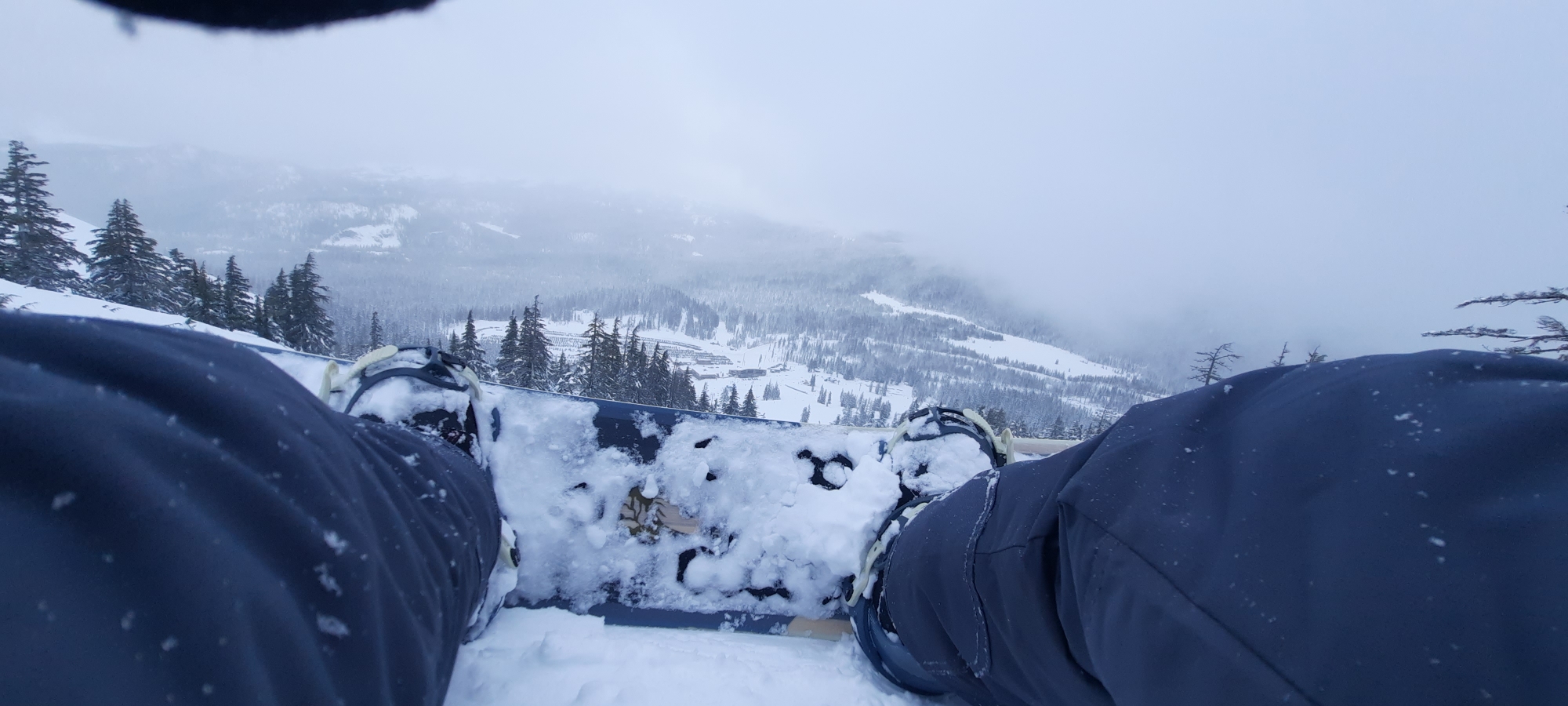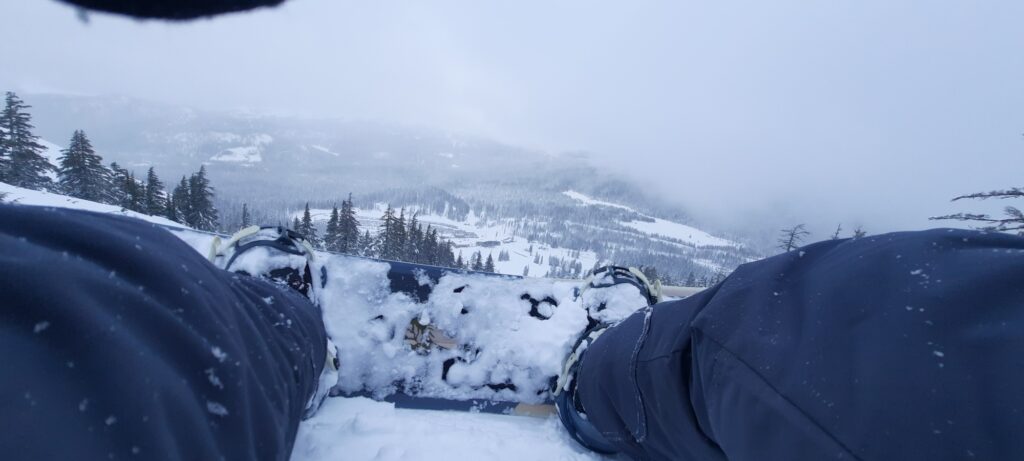Stay Safe and Take Care
When Cold weather months are upon us it becomes important for seniors to be prepared. Ice and snow can make it difficult for older adults to get out of the house, which in turn can make doing things they are used to difficult such as shop for groceries, take a walk, socialize.
Stay Warm
Cold temperatures can be more than unpleasant – they can be dangerous, especially to seniors. Dress in layers to stay warm out in the cold and comfortable indoors. When you go outside, wear a warm coat, hat, gloves, scarf, and socks. Cover exposed skin to avoid frostbite. Your senior loved one may need a heated item to keep warm, and there are many to choose from.
Avoid slipping on ice
Ice and snow on roads and sidewalks can make it easy to slip and fall. Did you know that every 11 seconds an older adult is treated in the emergency room for a fall? Falls can lead to cuts and bruises, hip and wrist fractures, and head trauma. Falls are serious. Recovering from a fall takes time and can have a serious impact on quality of life. Lets face it life is too short for a fall!
- Avoid slipping on ice by wearing shoes with good traction and non-slip soles. If you use a cane, be sure that your cane tip is not worn. If necessary, replace the cane tip.

- Try not to leave home until the roads have been cleared. When you return from a trip out, take off your shoes as soon as you get inside. Snow and ice that sticks to your shoes will melt and make your floors slippery.
- Learn how to protect yourself from falls by increasing your balance and activity level.
- Oregon has classes which Help older adults reduce their risk of falling by increasing Balance, a fall prevention program by Oregon Health Authority. The program aims to lower the number of fall-related injuries by increasing seniors’ activity levels and reducing fear of falling.
Fight isolation and depression
Cold weather can make it hard to get out of the house and socialize. Many seniors have less contact with friends and family d
uring winter months. This kind of isolation can lead to feelings of loneliness and isolation.
To avoid isolation, have friends, family members, and neighbors check in on you. A simple phone call can make a big difference. You schedule a time for a volunteer to call. You can have a friendly conversation or just a quick check-in, whichever you prefer.
If you notice a senior in your life showing signs of depression or loneliness, meeting with a counselor could be beneficial. Professional counselors specialize in older adults and can visit a senior in their home and one of our Senior Placement Specialists can connect you with an excellent resource.
Winterize your home
Is your home ready for cold weather? There are things you can do to prevent losing heat and avoid paying high energy bills.
- Have your heating system checked by a qualified professional.
- Help your house hold heat by installing weather stripping and insulation.
- Close window drapes and doors to spaces in your home that you do not often use.
Check your fire detector
New fire detection devices can also detect Carbon monoxide, CO is a colorless, odorless gas that can be fatal if not detected. Fireplaces and gas heaters can lead to carbon monoxide poisoning. When you install a carbon monoxide and smoke detector in your home be sure to follow the instructions on inspection. If you already have a detector, check the batteries once a year at minimum. Change the batteries on a day you are likely to remember, such as your birthday. Or, write when the batteries need to be changed on next year’s calendar.
Watch your diet
It is important to maintain a nutritious diet throughout cold weather months. This can be difficult for older adults who cannot drive to the grocery store in winter weather. Family caregivers may sometimes struggle to get to seniors who need help cooking meals when the roads are snowy.
Vitamin D is an important nutrient for good health and a strong immune system. Because of low sunlight during cold weather months, it can be hard to get a sufficient amount of Vitamin D. You can balance your diet with Vitamin D-rich foods such as fish, milk, yogurt, orange juice, and oatmeal.
Home-delivered meal services can provide your senior loved ones with a nutritious, restaurant-style menu. Each meal is delivered with care and serve as a wellness check. In addition to outside services it is good to recruit family, friends, and neighbors to look in on your senior loved one. This will ensure the seniors in your life are getting a well-balanced diet during cold weather months.
What is hypothermia
Hypothermia is a dangerous condition which must be avoided. Hypothermia occurs when a person’s body temperature gets too low. Knowing the signs of hypothermia can help you catch it early and get to a warm place.
Signs of hypothermia include:
- Cold feet and hands
- Swollen or puffy face
- Shivering
- Pale skin
- Being angry or confused
- Acting sleepy
If you note these sign of hypothermia in yourself or someone around you, call 911. Long-term complications are possible therefore physical conditions must be treated quickly.
Snow Shoveling 101
While it is a good idea to keep driveways and walkways clear of slippery snow and ice. Snow shoveling in cold weather months can be a can be a dangerous task for seniors. BUY a BLOWER!
If possible, get someone else to shovel snow for you. You might ask a relative or neighbor. Or, you might pay someone to shovel snow for you. Some snow removal services are free to seniors. Check with services available in your county.
If you decide to shovel your driveway, do so with extreme caution. Warm up your muscles beforehand by doing stretches. Pace yourself and take breaks when necessary. Stop if you feel out of breath or experience other physical symptoms.
Car Check
Driving! UGG! Ice during cold weather months is real. There are fewer hours of sunlight and slick, icy roads. For seniors who do not drive often or have experienced slower reflexes as they have aged, driving can be even more hazardous.
- Have your car serviced before cold weather hits.
- Check your car’s oil.
- Ensure battery is holding a good charge
- Get new wipers and lift windshield wipers off the windshield in freeze
- Check your tire treads.
During the winter, look at the weather and road conditions before leaving your house. Do not drive if conditions are hazardous.
Prepare for power outages
Cold weather months come with winter storms, which can lead to power outages. Be prepared for a winter power outage before it occurs.
- Make sure you have a lot of warm blankets and clothing.
- You may need to stay with a family member, friend, or in a hotel for a few days if the power remains out because your home will become too cold.
- Store flashlights and batteries in an easily accessible place.
- Keep a small supply of nonperishable food in case the power is out for a longer period of time. If the power is out too long, the food in your refrigerator and freezer could go bad.
Senior Housing Resources from Golden Placements:
In conclusion, Senior care means keeping your senior loved one warm in winter months. If you need to find a place for mom with warmth of hearth and home Golden Girls specialists can help you find a perfect location! Learn more about our services: Questions? Call 503.723.7145 to see which services are right for a senior in your life.
Diane Delaney, Placement Specialist Extraordinaire

Delaney is the founder of Golden Placement Services. She began this business with a healthy dose of compassion for helping families make educated decisions regarding senior placement. Focused to relieve stress in uncertain senior housing crucial moments. Diane brings about loving change of lifestyle with grace. Additionally, Diane is an accomplished executive manager, Director of Operations in senior housing. Emphatically, she enjoys sharing her experience by writing about the full spectrum of the transition process for seniors and family members. Read more from Senior Placement Specialist Diane: Ultimate Senior Living Resource Guide >>
LaVona Tomberlin, Senior Placement Specialist

Tomberlin brings a high level of education and experience to you as your Senior Placement Specialist at GPS. She loves writing about improving the lives of Elderly working in private care and in-home care for over 36 years. Geriatrics, Memory Care. Plus, she holds Master of Psychology Behavioral Health with the goal of advocating for those who needed a voice. Basically, LaVona believes helping the families to make good decisions and to relieve their stress in uncertain times makes life worthwhile!
Learn More: Read articles from Placement Specialist LaVona: End of Life Transition a heart felt Guide >>







